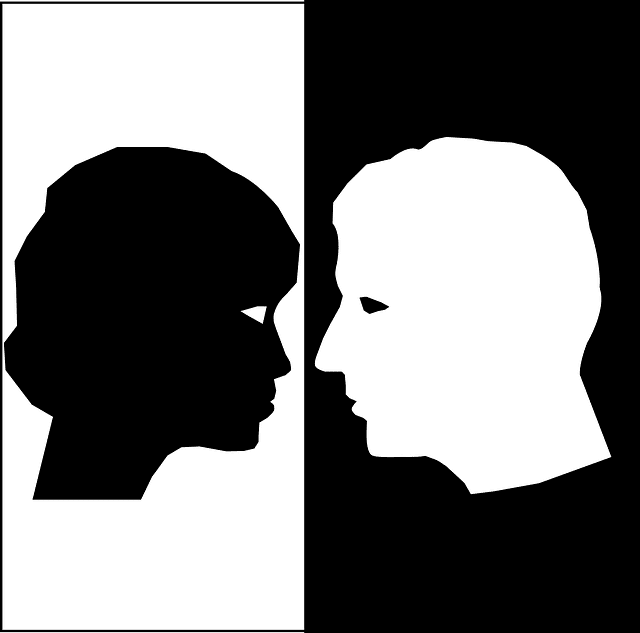
Two opposite elements are totally different from each other.
Opposite is an adjective that comes from the Latin opposĭtus and is a term used to refer to that which is totally different from another specific thing. The opposite, therefore, is the inverse or opposite . For something to be considered opposite, it is essential that there is another thing with which it can be compared, and that it has characteristics absolutely contrary to the thing in question or contradicts itself in some specific aspect.
Some phrases in which the concept appears may be, for example: “What I want to do with my life is just the opposite of what my parents would like,” “Our thoughts are opposite, but we always respect our differences,” “If you are looking for the "Principal's office is at the opposite end of the building."
Most common opposites
It is possible to appeal to the notion of opposite in very diverse areas. Thus, it is often said that black and white are opposite colors, to cite one case. It is also possible to affirm that the concept of youth is opposed to that of old age ; that tall is the opposite of short ; and small is opposed to big .
It is important to note that since the opposing terms are absolutely different, there is no possibility of them coming together. This means that what is white cannot be black, just as someone who is young cannot be old. That is, they are notions or things that are absolutely separate.
The opposition can be concrete or symbolic. Two columns are opposite when they are facing each other, revealing a physical opposition. On the other hand, a man can claim to be the opposite of another when his thoughts and ways of acting are usually contrary.

"White" and "black" are opposite terms.
The term in mathematics, botany and sport
For mathematics, opposite numbers are those that, when added, give zero as a result: 38 and -38 are opposite since 38 + (-38) = 0 . Within the group of integers, real, complex and rational numbers, each number has its opposite.
In botany , opposite elements are those that are born in opposition. A plant can have opposite flowers or leaves when these components sprout with this characteristic.
In the field of volleyball , to cite one more case, the player who, when rotating, crosses his position with the setter is known as opposite.
The concept of opposite in literature and philosophy
Within the literary figures there is one known as antithesis that serves to express opposition. This concept comes, in fact, from a translation of a Greek term that could be translated as "opposition or contraposition."
This resource is used in poetry to compare two phrases and reveal their opposite meanings; In this case it is said to be an antithesis itself. Or it can also be used to talk about impressions that are imprecise but clearly different from each other; in this case it is a contrast antithesis.
This resource was widely used in the Spanish golden century by poets such as Luis de Góngora , Lope de Vega and Francisco de Quevedo , who used opposition to capture irony and humor in their creations. Currently it is also used since it allows us to establish a clear line for the idea of a poem: it allows us to propose what is not the idea by naming what is at the opposite end .
This same term is also used in philosophy with a similar meaning. In this way there is the denial, which is also called counter-affirmation, and the thesis, which is a prior proposition. Antithesis is used to express an unknown and be able to refute a premise. "However" , "on the contrary" and "but" are usually phrases that head these oppositions.
On the other hand, the concept appears when talking about German idealism , especially the dialectic of Georg Wilhelm Friedrich Hegel .
